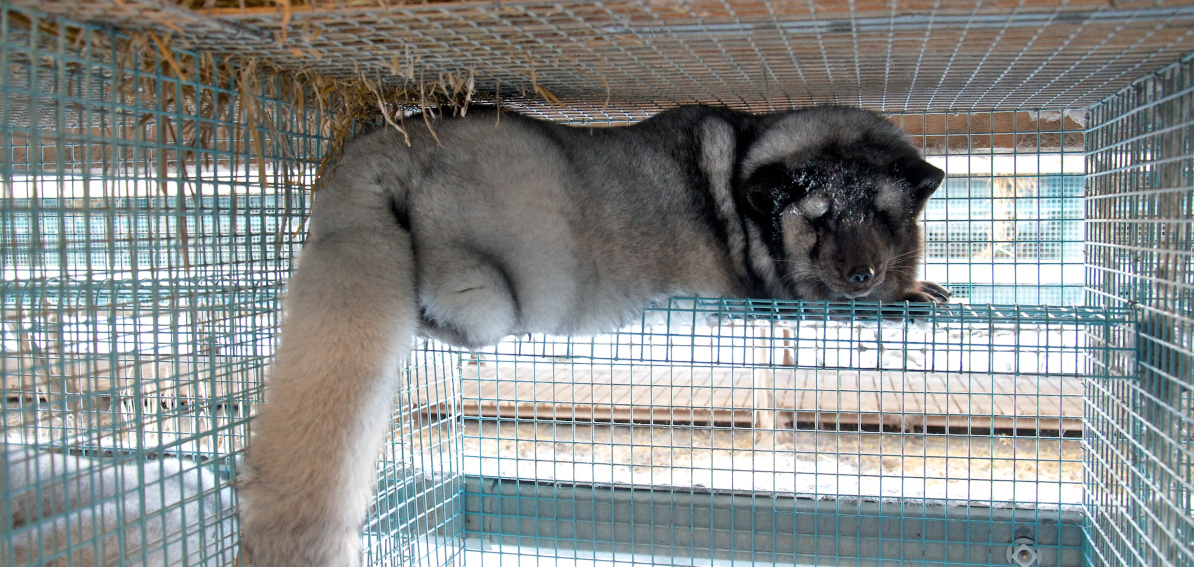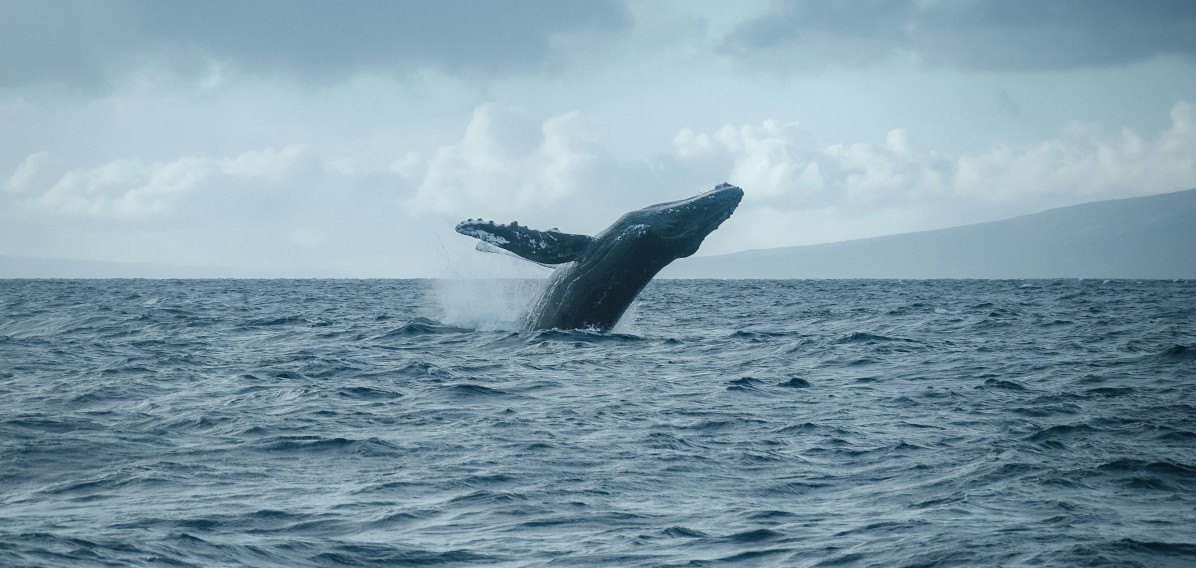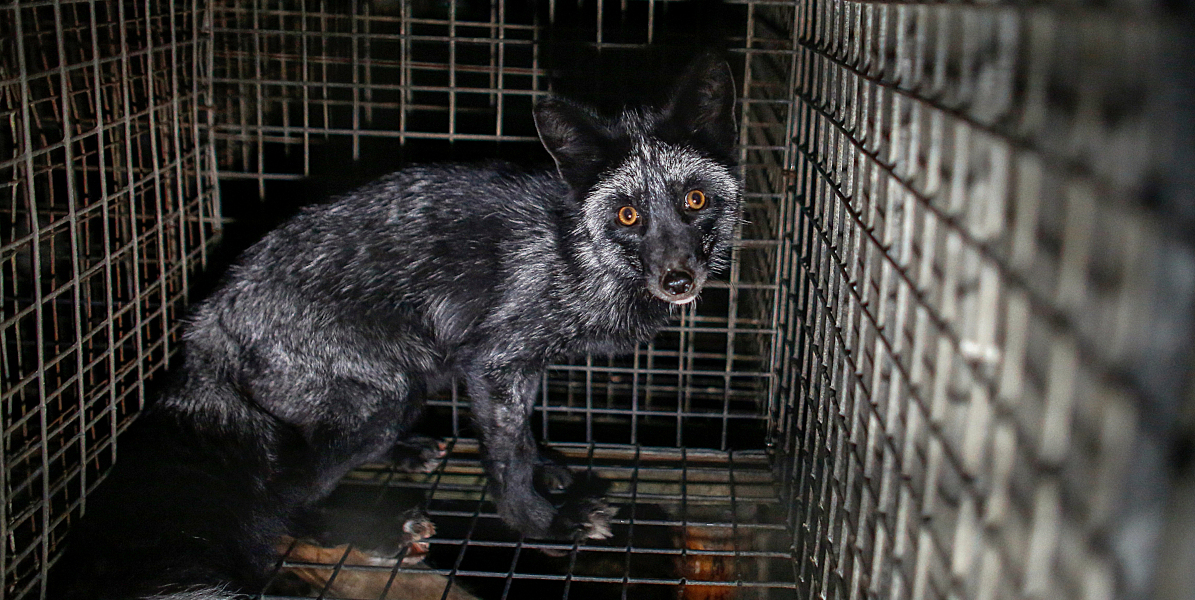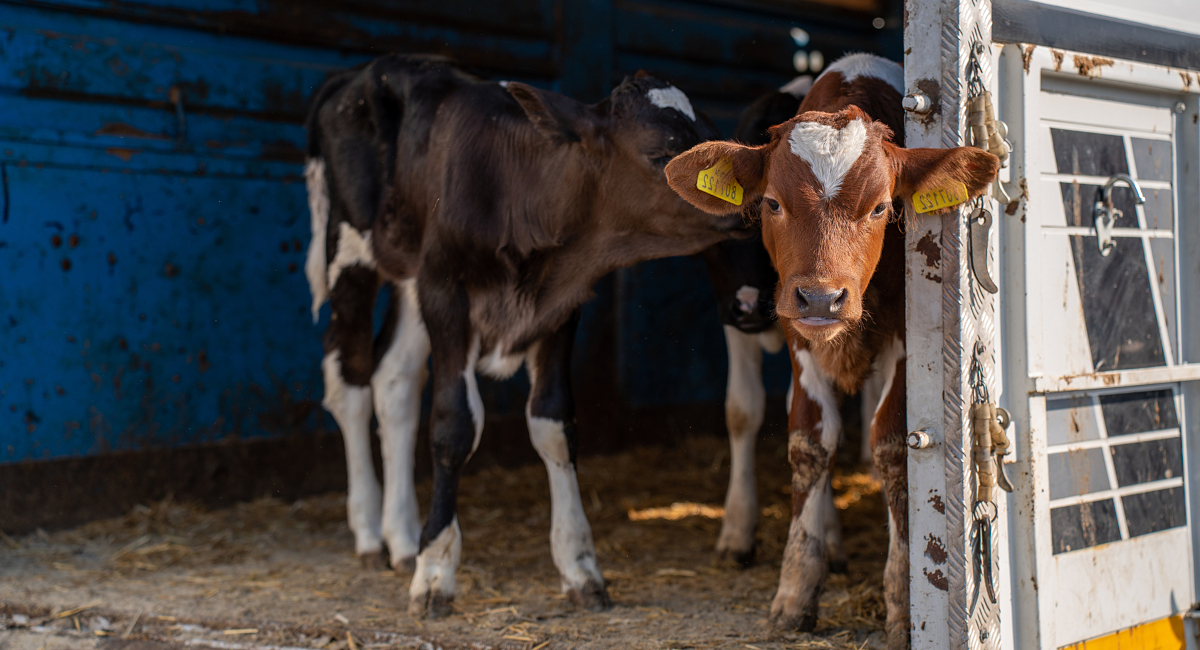Last April, the European Commission published a report on the transport of live animals by sea within the European Union (EU) and between the EU and third countries. The report unveils the lack of compliance with the EU Regulation regarding live animal transportation. The report unveils the lack of compliance with the EU Regulation regarding live animal transportation.
Millions of animals are being transported every year between the EU and non-EU countries. The Transport Regulation safeguards the welfare of animals during transportation. However, the animals are still being exported without following the guidelines and practices set out in the regulation. Live animals are being transported by road to the EU exit ports without considering the hot weather conditions and are transported by vessels, which are failing to meet maritime safety standards.
The European Commission’s report reveals the lack of supervision in the transportation of live farm animals. According to the Transport Regulation, the transportation of live animals should be monitored until they reach their destination even if it is outside the EU. The welfare of animals or their condition of health is not being reported to the Member State countries or the Commission, when the animals arrive in non-EU countries.
The dangerous practice begins before the sea journey
The report investigated the ports of Ireland, Croatia, Romania, France, Portugal and Slovenia during the years of 2017 to 2018. In 2018, 625 700 cows and 2 243 000 sheep and goats were transported to third countries through the these ports.
In the beginning of the journey, when the animals are loaded onto trucks, the unethical and non-compliant transportation practices start taking place. According to the Transport Regulation, the journey organiser needs to present the necessary documents to the authorities, which also include the duration of the journey to the port. The research shows, the documents presented are often incomplete and contain incorrect information.
MIn addition, the weather conditions are not taken into an account when transporting the animals. In August 2018, the Commission confirmed, that in one sea consignment, over 35% of trucks exceeded the temperature of 35 degrees Celsius according to the checks made by veterinary authorities.
The real information on the condition of animals and livestock vessels is being kept in the dark
The journey of the animal transportations can take several weeks. It is important to make sure the animals are well and sick animals are not allowed to continue the journey. Veterinary checks should be made on the border controls and in the destination country. According to the Commission’s report, there is missing documentation or no documentation on the welfare of animals, especially for those who are being transported outside the EU.
Not once the authorities have denied a loading of the animals onto the vessels. . It is suspected, that the veterinary authorities are being pressured to approve all transportation of animals. If the transportation is being delayed or denied, the veterinary authorities are being threatened by court action.
The vessels used for transporting livestock are often old cargo ships. In 2017-2018, at least four inspected Member State countries were not compliant with the EU rules by using substandard vessels. In the worst case scenario using these old cargo vessels might lead to an accident. In 2019, one of the old cargo vessels used for animal transportation sank in the Black Sea, and only 180 sheep were saved out of 14 000.
COVID-19 pandemic has made the situation even worse – will the EU finally interfere?
Eurogroup for Animals, which is an umbrella organization consisting of several animal welfare organizations, has demanded the EU Commission to review the Transport Regulation and suggested to transport animal products instead of live animals.
The issues with live farm animal transportation have been known for a long time. The long journeys are very stressful for the animals, they can lead to dehydration, injuries, diseases and even death. Because of COVID-19, the border controls in the EU countries have tightened, ,which has prolonged the duration of transporting the animals.
In March, Animalia reached out to Finnish MEPs in order to stop all live animal transportation between the EU and non-EU countries. In addition, Animalia wanted to make sure the animals would not be transported continuously for more than eight hours.
Member and the Vice President of the European Parliament Heidi Hautalacomments, that the issue with transporting live animals has been discussed in the start of the COVID-19 outbreak and MEPs have insisted the maximum duration for the whole journey within the EU to be eight hours. The Commission has initiated Member State countries to provide separate queues in the border control for animal trucks and to streamline border checks.
Hautala encourages citizens to be in touch with their local MPs in order to influence the Transport Regulation.
”In the future, the eight hour maximum duration for transporting live animals should be part of the animal welfare regulation in the new ’From Farm to Fork’ strategy. So now is the best time to influence all of us legislators and pursue this goal across the EU.”
According to Hautala there are regular issues with transporting animals outside the EU, which are not fixable. Due to COVID-19 the situation has gotten worse.
””In order to improve animal welfare, transporting live animals outside the EU should be discontinued.” In order for this to be successful, there needs to be a ban for animal transportation to non-EU countries in the EU legislation.”
Photo: Andrew Skowron
References (each link will open in a new tab)
Eurogroup for Animals 11.5.2020. The EU is kept in the dark about condition of animals arriving in third countries, report finds.
European Commission. Welfare of animals exported by sea.
Euroopan unionin neuvosto. Neuvoston asetus (EY) N:o 1/2005.
BBC 25.11.2020. Queen Hind: Rescuers race to save 14,000 sheep on capsized cargo ship.
Animalia 27.3.2020. Rajoilla kytee eläinsuojelukriisi — Animalia vaatii rajat ylittävien teuraskuljetusten välitöntä keskeyttämistä.
Maaseudun tulevaisuus 2.4.2020. Eläinkuljetukset sakkaavat Euroopassa, mepit vaativat komissiota puuttumaan – “Uhkaa miljoonien eläinten hyvinvointia”.





